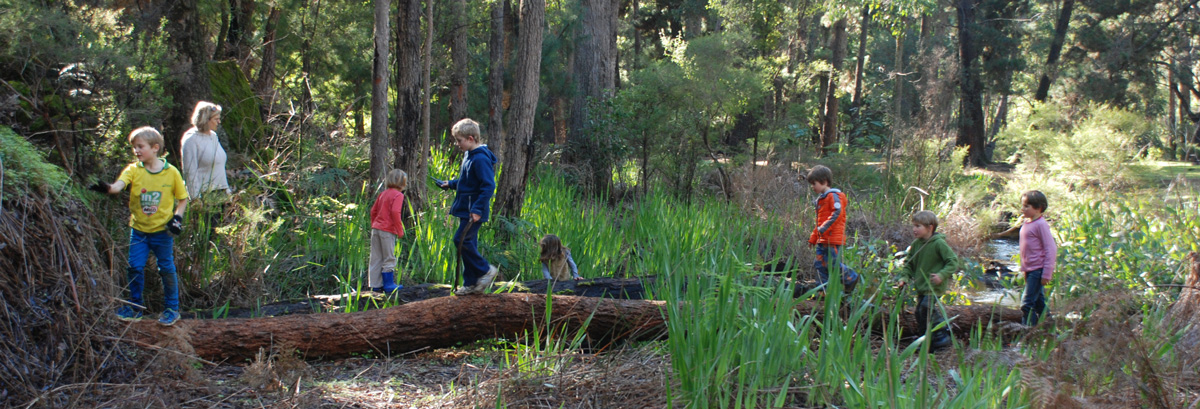
Camping Safety
Its important to keep safe when you are out in the bush camping and there are a few things you can do to keep your family, kids and nature campsite user friendly.
CAMPING SAFETY
LOCATION
- Avoid camping directly under large trees and when you set up your tent, look around to ensure there are not any dead, loose or overhanging branches.
- If staying near water or steep areas, aim to set up a reasonable distance from potential dangers, particularly if you have young children.
- Keep a careful watch on children as toddlers can move quickly and you don’t want them to run into danger.
- Consider avoiding staying at risky areas until your children are old enough to swim and understand potential dangers.
- Try to pick a reasonably flat place to pitch your tent and pick up any rocks and sticks so they are not under your tent. Avoid low lying areas and ditches which may hold water if it rains.
CAMP FIRES
- Follow national fire safety information and only light a fire when permitted and be aware of total fire bans and closed seasons for fires depending where you live.
- Use designated campfire areas and if fires are permitted and there is no specific area, ensure you create a contained fireplace and clear the surrounding area of flammable materials.
- Extinguish fires before leaving an area or when going to sleep.
- Encourage children never to play in fireplaces even when they have not ben used for some time. Although coals may look fun to play in and draw with, kids could accidently go and pick up coals that may still be smouldering from a previous fire.
- Keep the area safe and remove any trip hazards. Marshmallows are a treat and camping tradition however they can burn easily if accidently brushed onto skin. Create safe fire habits for children to learn.
FOOD & WATER
- Bring plenty of drinking water and water for washing.
- Stream or river water can be OK for showering but drinking or washing teeth with contaminated water can make people sick.
- Store you food correctly and separate raw food from cooked foods.
- Use an esky or fridge to keep your food cold and pack foods in tight, waterproof bags or containers.
ANIMALS & BUGS
- Mosquitoes, ticks, and other insects can bite, cause irritations and in rare cases carry diseases. If there are insects present, use repellant, wear long sleeves, pants, and other light-colored clothing to help prevent bites.
- Set up fly tents to provide safe areas away from insects and flies that can be extremely annoying.
- Native animals such as possums, birds and kangaroos are common scavengers around camping and picnic areas. Store food and rubbish in secure containers away from animals and don’t feed them.
FIRST AID & PRECAUTION
- Take a well-stocked first aid kit with you
- Have a current first aid certificate or camp with someone who does.
- Take some basic first aid with you such as antiseptic cream and Band-Aids as invariably, there may be a few falls, bites or cuts that might need attention.
BE PREPARED
- Be ready for all situations and check the weather report before you go
- Advise friends or family as to where you are going and when you will be home
- Be sun smart, pack hats, suitable clothing, sunglasses and sunscreen
- Bring communication equipment and if you are out of telephone range, know where you can get reception
- Be aware of the closest hospital or emergency center so if there is a problem, you know where to get help.

